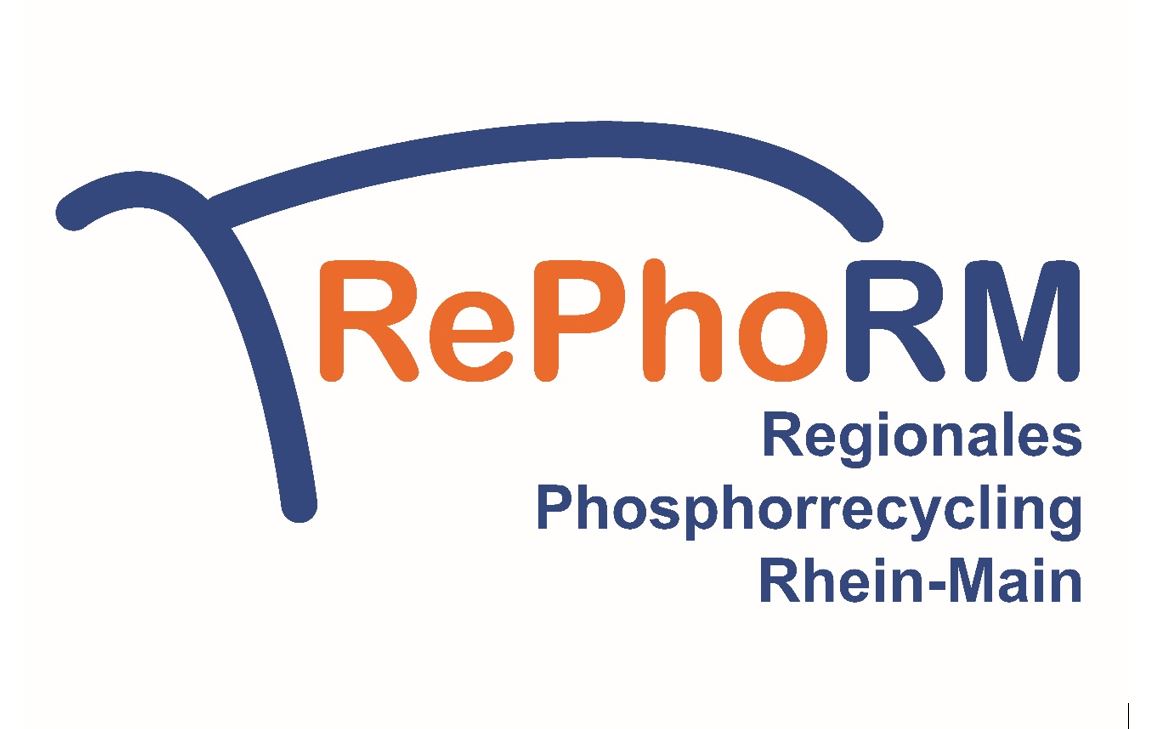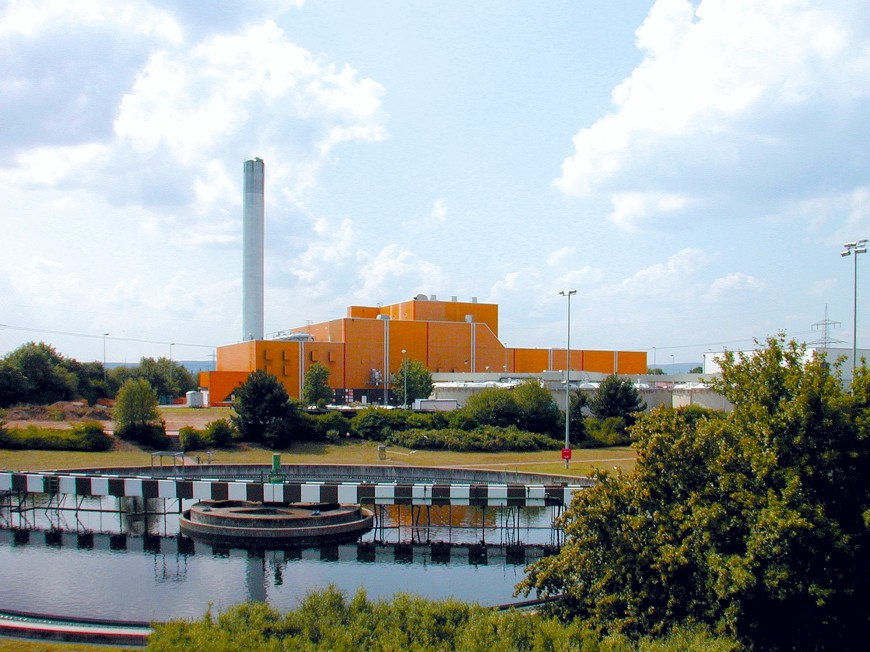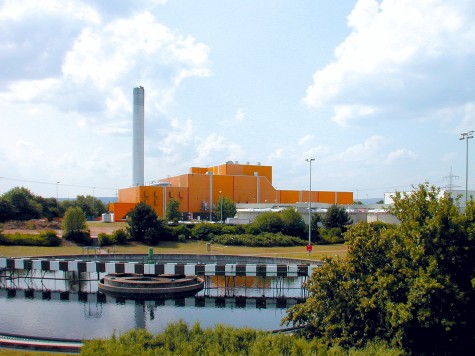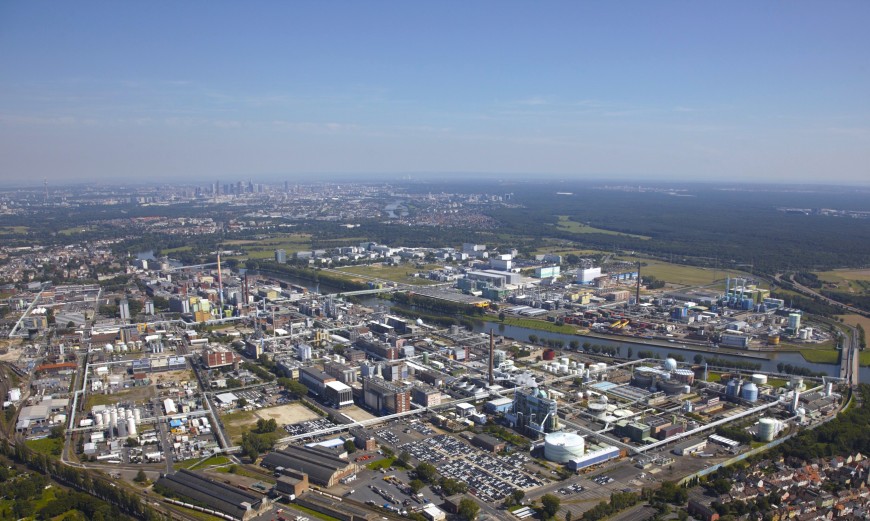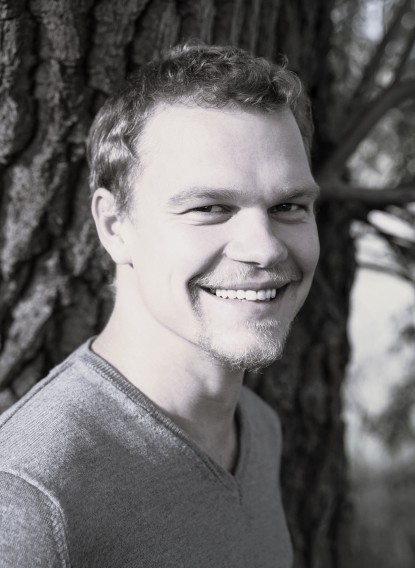Main areas of work
- Quantitative and qualitative measurement and balancing of the sewage sludge ash flows in the context of a superordinate integrated solution
- Measuring and balancing of heavy metal inputs into the wastewater network and the wastewater treatment plants of Stadtentwässerung Frankfurt am Main
- Development of possible recommendations for action to minimise the input of heavy metals into the wastewater network
- Investigation of the dissolution and separation of heavy metals from sewage sludge ashes on a laboratory and technical scale
- Optimisation of spray granulation to the changed conditions caused by the removal of heavy metals
- Assessment of the fertiliser conformity of the fertiliser granulate obtained with regard to recycling aspects and acceptance in agriculture
- Accompanying life cycle assessment of the technical development of heavy metal removal and life cycle assessment of phosphorus recycling
- Development of a legal and organisational framework for the design of a phosphorus recycling network
- Economic analysis of the integrated solution and preparation of a business case
- Large-scale implementation of P-Recycling in Industriepark Höchst as an integrated solution in the Rhine-Main region


